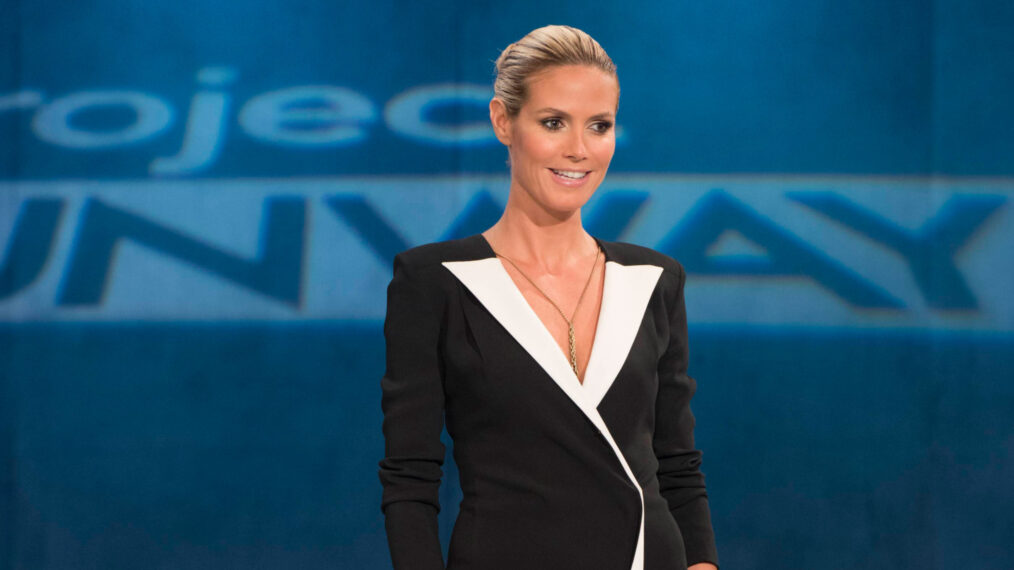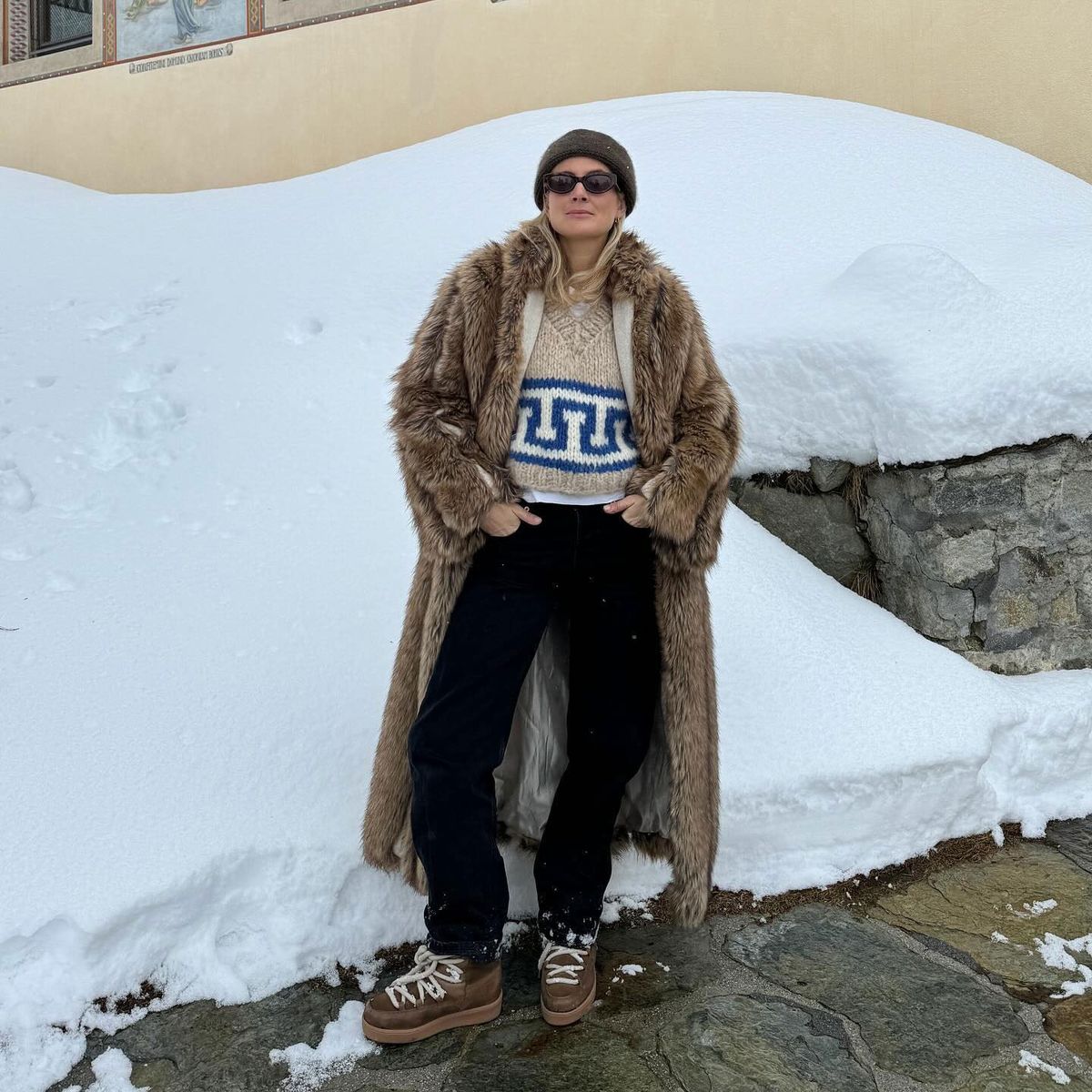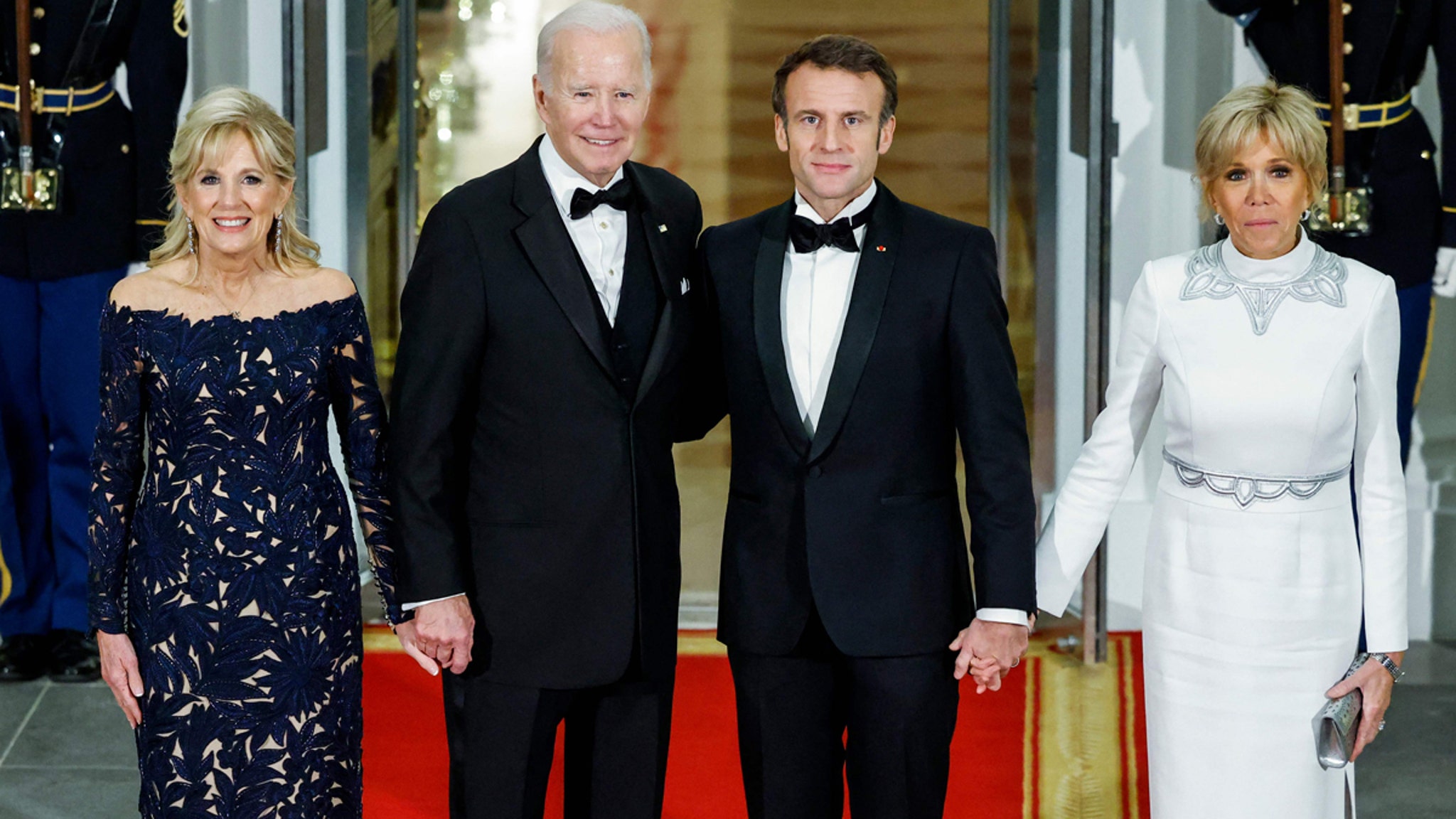More than 700 members of Harvard University’s faculty have signed a letter urging administrators to resist calls to remove the school’s president amid an outcry over testimony she gave last week at a congressional hearing on campus antisemitism.
“We, the undersigned faculty, urge you in the strong possible terms to defend the independence of the university and to resist political pressures that are at odds with Harvard’s commitment to academic freedom, including calls for the removal of President Claudine Gay,” the letter says.
“The critical work of defending a culture of free inquiry in our diverse community cannot proceed if we let its shape be dictated by outside forces,” the letter goes on to say. NBC News obtained the text of the letter from history professor Alison Frank Johnson, one of the faculty members spearheading the effort.
Frank Johnson said 705 people had signed the letter by Monday afternoon. She declined to release the names of the signatories, but said in an email that she was “very, very pleased by how broad the base of support is!”
The letter was delivered to the Harvard Corporation, the governing body that could decide Gay’s fate less than six months after she assumed the role. Harvard’s press office did not immediately respond to a request for comment on the letter.
Laurence Tribe, the constitutional law scholar, confirmed in an email that he was one of the faculty members who signed the letter. Five days ago, in a post on X, Tribe criticized Gay’s testimony as “hesitant, formulaic, and bizarrely evasive.”
The pressure on Gay mounted over the weekend after the resignation of University of Pennsylvania President Liz Magill. Gay, Magill and Massachusetts Institute of Technology President Sally Kornbluth have drawn fierce criticism after they appeared to dodge the question of whether students calling for the genocide of Jews should be punished.
In a contentious exchange during the five-hour hearing last Tuesday with Rep. Elise Stefanik, R-N.Y., Gay said “that type of hateful speech is personally abhorrent to me” and “at odds with the values of Harvard.”
Stefanik then pressed Gay: “Can you not say here that it is against the code of conduct at Harvard?”
The president did not answer directly, saying in part: “We embrace a commitment to free expression even of views that are objectionable, offensive, hateful — it’s when that speech crosses into conduct that violates our policies against bullying, harassment, intimidation.”
Magill responded to Stefanik in similar terms that critics described as lawyerly and evasive. Instead of directly replying to Stefanik’s yes-or-no question about the school’s code of conduct, Magill said that decision would be “context-dependent.”
Gay has apologized for her remarks. In an interview with the Harvard Crimson student newspaper published Friday, she said in part: “I got caught up in what had become at that point, an extended, combative exchange about policies and procedures.”
“I failed to convey what is my truth,” said Gay, the second woman and first Black person to lead the Ivy League campus.
The university presidents’ testimony went viral on social media and drew furious criticism from the White House and political leaders in both parties, as well as Jewish community advocates, alumni and donors. The backlash has been driven in part by Stefanik and billionaire investor Bill Ackman.
“One down. Two to go,” Stefanik, a graduate of Harvard, tweeted after Penn announced Magill’s resignation Saturday night.
“Now the focus turns to Presidents Gay and Kornbluth and the boards of @Harvard,” Ackman said in a post on X.
Stefanik has said the House’s Education and Workforce Committee would launch an investigation with “the full force of subpoena power” into Harvard, MIT, Penn and other unspecified universities.
“We will use our full Congressional authority to hold these schools accountable for their failure on the global stage,” Stefanik said in a statement.
The war between Israel and Hamas has divided college campuses nationwide, sparking protests and confrontations between students. Jewish and Muslim students have described concerns about hate speech, harassment and threats.
The Anti-Defamation League, a leading Jewish advocacy organization, and the Council on American-Islamic Relations, a prominent Muslim advocacy group, both reported a rise in bias incidents after the war broke out.
In their testimonies, the three college presidents repeatedly condemned both antisemitism and Islamophobia.


























































![Mason Ramsey – Twang [Official Music Video] Mason Ramsey – Twang [Official Music Video]](https://i.ytimg.com/vi/xwe8F_AhLY0/maxresdefault.jpg)






















